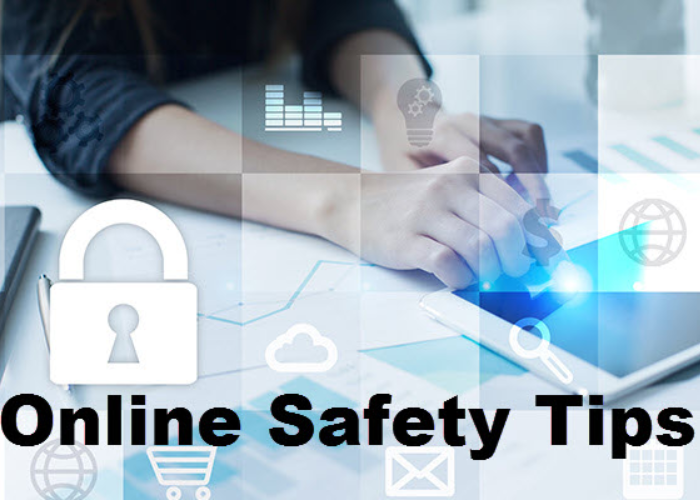In this digital age, the internet has become an integral part of our lives. From our work to our social lives to our entertainment, the internet has become our go-to source for virtually every aspect of our lives. But, as with anything else, the internet carries its own unique risks. With the internet comes a certain level of vulnerability that can be exploited by cyber-criminals if we are not careful. That is why it is important to stay safe online and understand the risks associated with insecure internet use. This article will provide tips on how to do just that, so you can enjoy the benefits of the internet while remaining secure.
Understanding the Risks of Unsecure Internet Use
The internet is full of potential risks. Some of the most common risks include data theft, identity theft, malware, and phishing scams. Data theft is when someone gains access to your personal or confidential information (such as credit card numbers, passwords, or bank account information). Identity theft is when someone uses your personal information to pretend to be you in order to commit fraud or other crimes. Malware is malicious software that can be used to steal data or damage your computer. Phishing scams are fake emails or websites that are designed to trick you into giving up your personal information.
Employing Secure Practices & Protocols
When it comes to staying safe online, the best defense is a good offense. There are several practices and protocols you can use to help make sure your data remains secure. The first is to make sure your passwords are strong and unique. Your passwords should be at least 8 characters long and contain a combination of upper and lowercase letters, numbers, and symbols. You should also never use the same password for multiple accounts.
Another important step is to make sure any websites you visit are secure. Look for the padlock icon in the address bar of the website. This indicates that the website is using a secure connection. You should also avoid clicking on links or downloading files from unknown sources as these could be malicious.
Setting Up Firewall & Anti-Virus Software
Another important step in staying safe online is to set up a firewall and anti-virus software on your computer. A firewall is a piece of software that helps protect your computer from malicious software. It monitors incoming and outgoing traffic and can block malicious traffic from entering your computer. Anti-virus software is a type of software that helps protect your computer from viruses and other malicious programs. It will scan your computer for any potential threats and remove them if necessary.
Applying Password Security Etiquette
Another important step in staying safe online is to practice good password security etiquette. This includes not sharing your passwords with anyone, not writing them down, and changing them regularly. You should also avoid using easily guessed passwords, such as your name, your birthday, or a pet’s name. Instead, you should use a combination of upper and lowercase letters, numbers, and symbols.
Creating Safe Social Networking Strategies
Social media has become an integral part of our lives, but it can also be a source of risk if we are not careful. Make sure that your social media profiles are private and that you are only sharing information with people that you trust. You should also be aware of the information you are sharing, as malicious actors could use this information to target you.
Automating Security Backups
One of the best ways to stay safe online is to automate your security backups. This means setting up regular backups of your data so that if your computer is ever compromised, you can quickly restore your data from the backup. This is especially important when it comes to business data, as a data breach could have catastrophic consequences for your business.
Educating Yourself & Employees
When it comes to staying safe online, education is key. Make sure that you and your employees understand the risks associated with insecure internet use and the steps that need to be taken to stay safe. This includes understanding the importance of strong passwords, avoiding clicking on unknown links, and being aware of malicious software.
Conclusion
In conclusion, staying safe online is important in order to protect yourself and your data. By understanding the risks associated with insecure internet use, employing secure practices and protocols, setting up firewalls and anti-virus software, applying password security etiquette, creating safe social networking strategies, automating security backups, and educating yourself and your employees, you can enjoy the many benefits of the internet without putting yourself at risk.
Related posts
Recent Posts
InformalNewz: A New Era of Unconventional News Reporting
In the ever-evolving landscape of media and journalism, new platforms and approaches are constantly emerging to meet the demands of…
Balanced Living: Strategies for Achieving Wellness in a Hectic World
In today’s fast-paced world, achieving a sense of balance can often feel like an elusive goal. Juggling work, family, social…



